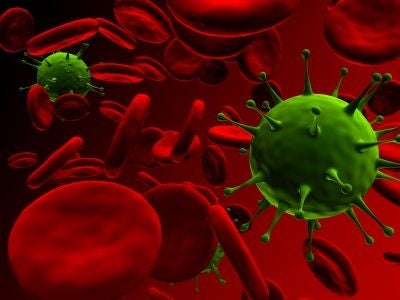New weight-loss virus causes a stir

Health and science bloggers and website are abuzz with news of a virus that could be used to "rewire" your brain to eat less.
In a study published May 4 (and reportedly the first of its kind), researchers at the renowned Johns Hopkins University in the US infected rats with a virus that inhibited hypothalamic neuropeptide Y (NPY), a protein linked to appetite.
The virus-laden rats ate less and lost weight compared to the healthy rats. What’s more is that researchers found that when they gave the rats a high-calorie diet, brown fat, which is easier for the body to burn off, formed instead of hard-to-shed white fat.
"Every few months there's a new diet fad in the media that's allegedly helping various celebrities lose weight and look fabulous,” writes website Pop Gadget (www.popgadget.net). “I know some people would jump at the chance to lose weight regardless of the repercussions, but a system that involves ‘infecting’ patients just seems so wrong!”
“Currently the virus is still under ‘testing’ and its unclear as to when it will be tested in humans, but I think I can see a little bit of I am Legend in this story,” writes tech blogger Tek-Bull (www.tek-bull.com).
Prior research has revealed that a common virus may actually play a role in obesity. Scientists have for years been investigating the link between adenovirus-36, linked to colds and eye infections, and childhood obesity. Research has shown that being exposed to the virus not only boosts human fat-cell production, but also makes fat cells fatter.
Access the latest study on the weight-loss virus in the journal Cell Metabolism.
Join our commenting forum
Join thought-provoking conversations, follow other Independent readers and see their replies
Comments
Bookmark popover
Removed from bookmarks